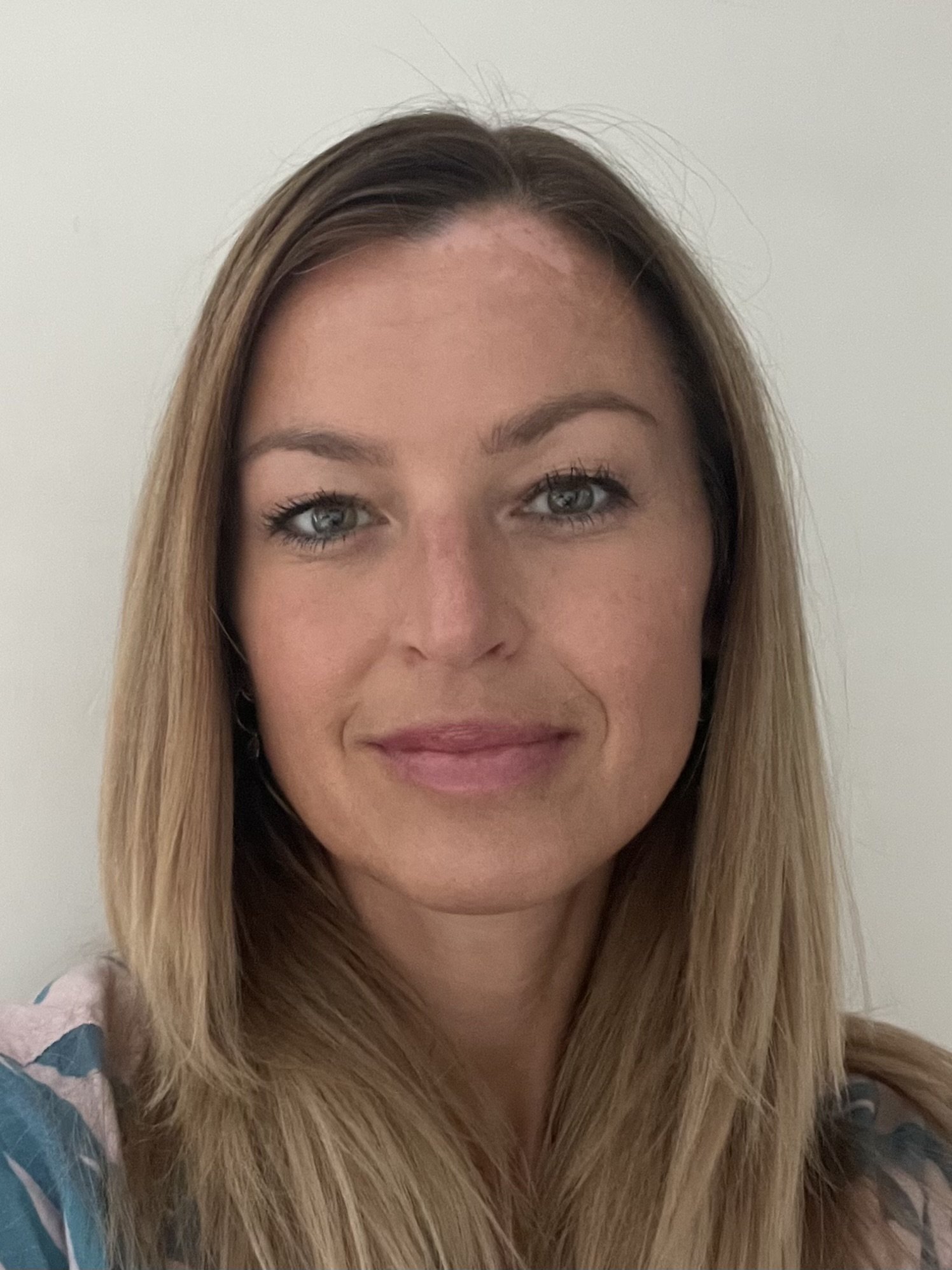Meet the team
Dr Freddie Byrne
HCPC Registered Clinical Psychologist Clinical Director of Living with ABI Ltd
Freddie is a clinical psychologist and supervisor with a special interest in supporting brain injury survivors and their families, including where there are issues of clinical complexity and risk.
Freddie has completed further training in family therapy and is passionate about applying this knowledge to supporting families living with acquired brain injury. In 2019 he travelled to Melbourne to work with the internationally recognised Bouverie Centre to train in their “single session” model of narrative therapy for families living with ABI.
Freddie is known for his consistent and respectful approach to engaging individuals, families, and staff teams. He is experienced in providing clinical leadership, working within a family sensitive approach to neuro rehabilitation.
“I believe that families living with brain injury face unique challenges. That’s why I’ve dedicated my career to supporting them. It’s a privilege to hear their stories and work to make sure that the needs of families are considered alongside those of ABI survivors.”
Dr Jessica Daley
HCPC Registered Clinical Psychologist
Jessica is a Clinical Psychologist with a special interest in neuropsychology and working with families, children, and young people.
Jessica’s experience includes working within neuro-rehabilitation settings for adults with acquired brain injury and other neurological illnesses, supporting young people and their families with neurodevelopmental disorders and chronic health conditions. Jessica has recently completed further training in family therapy at The Tavistock and Portman, alongside supporting children and their families in a health and social care setting. She is looking forward to starting a new role completing neurodevelopmental assessments with people with suspected Autism Spectrum Conditions, alongside her work at Living with ABI Ltd.
“Having first-hand experience of living with chronic health conditions, I can appreciate the physical and emotional toll they can have on the individual, as well as impact on family life and relationships. Working with young people and their families has taught me that each person and family is unique, everyone if affected differently by acquired brain injury and chronic health conditions. I believe that we all cope with life’s challenges as best we can. When working with families I’m interested in hearing about what’s currently going well as well as well as what is more challenging, worries and hopes for the future.”
Dr Kara Deering, HCPC
Registered Forensic Psychologist
“Forensic risk and brain injury are often misunderstood and can result in poorer outcomes for survivors of brain injury and their families. I believe in taking a non-judgemental approach to exploring the possible links between someone’s unique brain injury and their criminal behaviour to support adults to desist from crime and lead fulfilling lives.”
Kara’s experience includes working within both inpatient and community adult mental health settings, spending the last 3 years working with families in social care. Kara has completed specialist forensic risk assessments for individuals who have committed a range of offences, including those who live with vulnerabilities such as brain injury, neurodiversity, and mental health difficulties. Taking a compassionate and person-centred approach to assessment, Kara has been able to support individuals to better understand their offending behaviour within the context of their lived experiences.
Kara is a Forensic Psychologist with a special interest in the assessment and bespoke support of individuals who are living with brain injury, mental health difficulties, and who have a forensic risk history.
Dr Jocelyne Kenny
Principal Clinical Psychologist and Systemic & Family Psychotherapist
Jocelyne has 12 years’ experience working as a Clinical Psychologist in the NHS, the past 8 of which have been spent in specialist Neuropsychology and ABI services. Jocelyne has developed a high-quality private practice alongside her NHS role and enjoys applying her knowledge and skills to the two different contexts.
In recent years, Jocelyne has focused her expertise on supporting brain injury survivors and their families and has a specific interest in working with couples following ABI. This led her to recently complete additional training to also practice as a Systemic & Family Psychotherapist. Following this, she set up a family & couple therapy clinic in her local NHS Neuropsychology service in response to seeing the need for families and couples to be given their own ‘space’ and has found it rewarding to see the benefits.
Jocelyne is Chair of a national special interest group for psychologists who work with families following ABI. She is involved in a number of NIHR funded research projects and lectures trainee clinical psychologists and neuropsychologists on Systemic Approaches to Neuropsychology.
“My career has developed in response to ‘following the feedback’ from the families that I worked with. I heard how families also felt affected by ABI but often spoke of feeling unsupported by services. I became “dual qualified” as a Clinical Psychologist and Family Therapist, so I could blend my expertise to help families who found themselves living with the massive changes that can happen after ABI. My approach is ‘both and’, making sure that ‘both’ the person with the ABI ‘and’ the family are respectfully considered and supported.”
Angelina Hassan
Assistant Psychologist
Angelina is an assistant psychologist with special interest in family work and use of virtual reality and rehabilitation.
Following completion of her undergraduate degree in psychology, Angelina has gained a foundation level in systemic and family therapy. She has over six years’ experience in mental health services. Angelina is known for her thoughtful and calming approach.
“It’s been lovely to see how people gain in confidence with the Virtual Reality programmes. I’ve been struck by the sense of relaxation after the mindfulness activities, and the satisfaction from being able to try new things.”
Book a consultation
We offer a no obligation initial consultation to explore the different support options.





